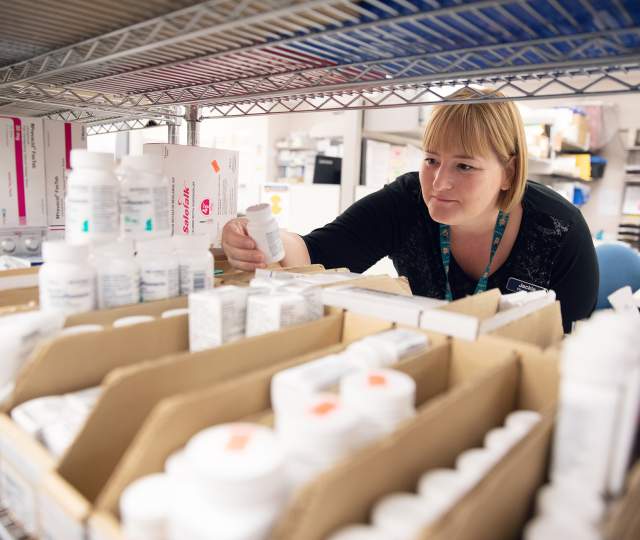Medication safety tips
- Do not share your medications with friends or family members
- Return all expired or unused medications to your community pharmacy so they can dispose of them safely
- Store all medications in their original containers out of the reach of children and pets
- Do not mix different pills in one bottle
- Double-check the imprints on tablets and capsules after getting refills
- Follow all directions and warnings on the label
- Call your pharmacist or doctor if you experience any unusual side effects
- Consult your doctor or pharmacist before using over-the-counter medications, vitamins, dietary supplements, natural health products, or traditional medicines, as some do not mix well with prescription medications, and can cause potentially harmful effects














